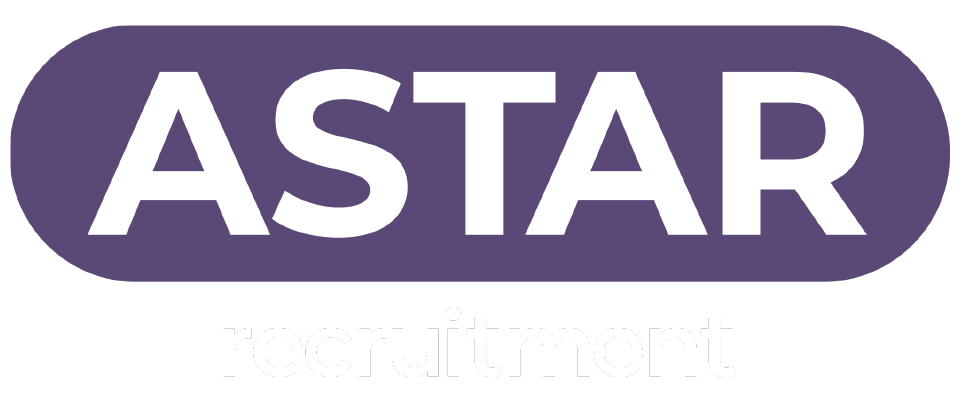Building trust through the onboarding process
A positive onboarding procedure may reduce staff turnover and promote employee loyalty. It is possible to establish strong bonds with new hires so they go on a long journey with you and your business; not just so they stay for the long term, but also so they may feel fulfilled at work and continue to be productive.
When planning your onboarding, bear the following points in mind.
Keep in touch often
In order to minimise misunderstandings and disgruntled workers, clear communication is highly desired. Making sure new employees never feel utterly lost or uncertain about their position is one of the most crucial aspects of a warm welcome. From the moment you give them the position until their probationary time is up, communication should begin. By that time, they should have a solid foundation inside the organisation and be well-integrated with their team. Informing customers of goals, activities, information, business difficulties and successes, asking for feedback, and ensuring sure all of their enquiries are addressed are all part of communication.
Transparent communication
Be upfront and honest in addition to keeping in touch frequently. Avoid being evasive or cryptic about any aspect of the company since this might lead to mistrust. A new employee must feel that they will contribute to the greater good, thus the more they understand about the company, the better they can work.
Do what you promise to do and lead with accountability
Many employees would lack excitement and job satisfaction under a lousy boss or team leader. Therefore, it’s crucial for new hires to observe responsibility in action when they first start. Setting accountability measures for both of you and make sure certain expectations are being met may be a good idea. When staff members realise that your words are supported by your actions, this is a significant foundational piece for trust.
Maintain the human element
Keep in mind that some people find starting a new job to be both exhilarating and nerve-wracking, and do your best to put them at ease. It’s crucial to get to know your staff as individuals, not simply as workers. This makes the connection more relatable. It will be simpler to approach the employee and ask them whether everything is okay if the individual goes on to experience performance concerns in the future. If you have previously talked about things that don’t classify as “work,” like parenting, being a carer, or having an outside passion or commitment, they will feel more comfortable engaging with you about personal matters.
